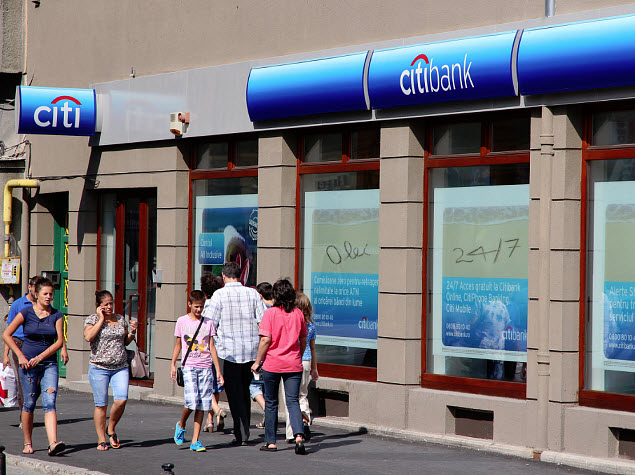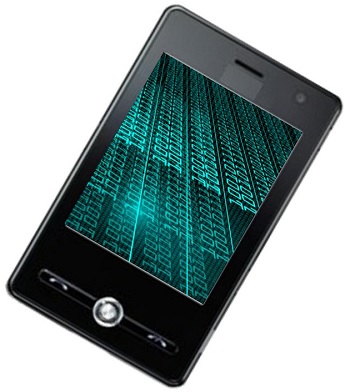Denny |
September 30, 2014
These products will be available exclusively to customers who will access them over their smartphones and tablets.
As much as online bill paying and digital transaction processing have become exceptionally commonplace, mobile banking has been experiencing a relatively slow adoption, comparatively speaking.
Some tenants are now capable of paying their rents electronically to skip paper checks, but smartphones aren’t there yet.
That said, as companies behind mobile payments work very hard to encourage consumers to use their smartphones instead of credit or debit card, a rising number of options are becoming available. Many are hopeful that the recent release of Apple Pay, along with the NFC enabled iPhone 6 will help to convince consumers to use this type of technology. At the same time, Citibank is looking at a mobile banking option that provides an account that is exclusive to smartphones and tablets.
The mobile banking account is called Access and Citibank has made it exclusively for these device users.
The primary market for the Access accounts are the Millennial generation, which typically down even own a checkbook and that are very used to paying their bills and making purchases online. This generation is also very comfortable with completing a large range of different tasks through the use of their smartphones and tablets.
Millennials are actually the biggest age-based demographic that are compete non-users of paper checks. Overall, though, 32 percent of consumers still use a paper check to pay at least one bill, whereas slightly more – 38 percent – pay at least one bill electronically.
As a whole, 12 percent of all Americans have said that they do not use their checkbook – regardless of whether or not they ever had one. Many of those who do still use checks use them for only one or two bills every month. Among the most common uses for this type of transaction is to pay rent.
Citibank is now seeking to move this type of transaction in a new direction with mobile banking and is aiming this product at the demographic that is most likely to be open to adopting it. According to the Citi U.S. chief operating officer of retail banking, Robert Beck, “We developed Access after spending a lot of time listening to customers and looking at their banking needs, and we identified several trends.”
Denny |
September 26, 2014
New solution to the mobile commerce security problem could be here
As mobile commerce becomes more popular, questions regarding its security are beginning to be raised. Some consumers have expressed a lack of confidence in mobile payment systems, claiming that they do not do enough to protect their financial information. The Mobile Payments Industry Workgroup believes that a new way to keep consumers information sector is becoming more viable. The organization believes that tokenization could help instill more confidence in mobile commerce among consumers.
Tokenization may be able to make mobile commerce more secure and protect consumer information
Tokenization involves the digitization of financial information. Instead of using these information directly, mobile payment platforms use “tokens” as a way to authenticate a payment from a mobile device. The tokenization process involves the random generation of a substitute value that is meant to replace financial information. Because tokens do not contain actual financial information, they are often considered as a viable way to keep consumers safe when they are participating in mobile commerce.
Security has held back the growth of the mobile commerce field for some time now
 Security issues have been a barrier that the mobile commerce space has had trouble overcoming. Over the past few years, high-profile cyber attacks have called into question the overall security of mobile platforms and have reduced consumer confidence in the mobile payments field. Without adequate security, the growth of mobile commerce may be stymied. The use of tokens as a replacement for financial information may help solve this problem in the future.
Security issues have been a barrier that the mobile commerce space has had trouble overcoming. Over the past few years, high-profile cyber attacks have called into question the overall security of mobile platforms and have reduced consumer confidence in the mobile payments field. Without adequate security, the growth of mobile commerce may be stymied. The use of tokens as a replacement for financial information may help solve this problem in the future.
Tokenization lacks standards and coordination, making it difficult to implement in the mobile commerce field
While tokenization is gaining momentum, there are still many challenges facing its widespread adoption. The most significant of these challenges is the lack of standards and coordination within the mobile payments space. Organizations have yet to agree and work together on how tokenization can be implemented so that tokens can see widespread use. Currently, Visa and MasterCard are the two largest companies that are implementing a tokenization service in order to make mobile payments more secure than they have been in the past.


 Security issues have been a barrier that the mobile commerce space has had trouble overcoming. Over the past few years, high-profile cyber attacks have called into question the overall security of mobile platforms and have reduced consumer confidence in the mobile payments field. Without adequate security, the growth of mobile commerce may be stymied. The use of tokens as a replacement for financial information may help solve this problem in the future.
Security issues have been a barrier that the mobile commerce space has had trouble overcoming. Over the past few years, high-profile cyber attacks have called into question the overall security of mobile platforms and have reduced consumer confidence in the mobile payments field. Without adequate security, the growth of mobile commerce may be stymied. The use of tokens as a replacement for financial information may help solve this problem in the future.